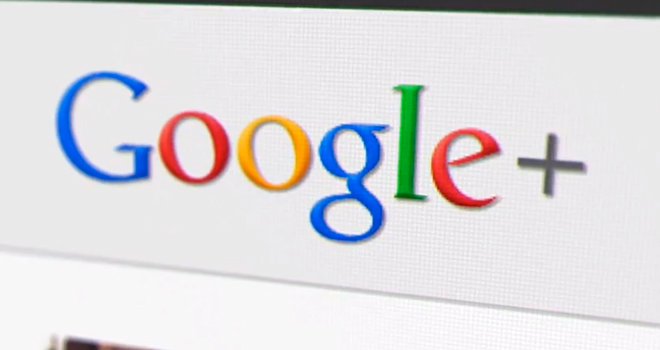Mat Honan | Gizmodo
Google just thumped out a host of new features today designed to make search easier, faster, more ubiquitous. But the end goal? It’s to very literally get inside your head and change the way you think.
Google researchers have found that people are always searching. Always. When desktop searches drop (over holidays and on weekends and at night) mobile searches surge. As Google Fellow Amit Singhal says “your quest for knowledge does not stop because you are away from your computer.”
And quite plainly, Google wants to be an integral part of your quest for knowledge. Or put another way, Google wants to be a part of how you think. To that end it rolled out a slew of new tools today designed to more or less encourage you to embed it in your brain.
Mobile made the most interface changes, all designed to get you using it more frequently for more things on your phone. A new query building tool helps you auto-complete entries when you’re searching on a mobile device. In the demo, they showed how it performed a 27 character search in just 8 taps. New icons for Google Places on the interface help you find local results, while a new interface with a map view that pops up showing, say, restaurants or bars or ATMs just above your query results, automatically updating itself as you preview the various venues. Little widgets that, for example show a live view of stock prices above query results for S&P 500 are designed to help you find what you want without having to leave Google.
But the real meat was on desktop.
Google added voice search to the desktop. And very interestingly, one of the reasons Google’s product manager for search, Johanna Wright, said they added this was because people often didn’t realize you could do it on your phone, live on the fly. So today there’ a little microphone that shows up in the search bar to help you search by voice.
But it’s also there to get you in the habit of searching by voice. Because as you get in the habit of searching by voice on your desktop, it becomes a part of your thought process. And that drives you to do it more on mobile. More on everywhere. Again, it’s Google getting inside your head, becoming a natural tool.
And then there’s search by image. Say you see an image that keeps popping up on the web, like the Y U NO macro. You can now search for it on Google Images and discover its origins. Basically, it will tell you what you’re looking at. That may mean identifying a logo, or a building, or a coastline, or a silly image macro. But ultimately it’s answering a question that pops into your head when you see something new: “What is this?” Google wants to be the part of your brain that delivers the answer.
And finally there’s instant pages. There are three time consuming components to search. The fist is the user entering the query, which Google tries to speed up via autocomplete and Google Instant. The second is selecting the result, and that’s basically Google’s entire purpose, getting the most relevant result up high. But the third is a bitch: it’s the page load time.
Google says that average Web page takes 5 seconds to load. (Think how much of your life you’ve wasted loading web pages!) Instant pages is designed to deliver them instantly. Basically, it uses what Google has learned with Google Instant to predict which page you’re going to click as you’re performing a search, and then preloads that page. It’s different from, say, Firefox prefetching in that it not only pulls down the top level html file, but also the images, embedded video, javascript, and everything else, pre-loading it so that when you do click the link from your search results everything is just there.
Again, by making things faster, Google is attempting to more deeply embed itself in your thought process so that you use with as little reflection as you may use speech itself. Thoughts don’t wait. And so neither should search. And Google because Google knows what’s probably relevant, it can know a little bit, at least, about how you think.
And if Google knows how you think, well, that’s something isn’t it? Just think of the ads.
The original version of the story appears here: http://feeds.gawker.com/~r/gizmodo/vip/~3/xe3mm8In6U0/google-wants-to-get-inside-your-head
Gizmodo is dedicated to gadgets, gizmos, and cutting-edge consumer electronics. Its tech-hungry audience stops by frequently to check out the newest products and recommendations for laptops, cell phones, PDAs, digital cameras, home entertainment, and other shiny new toys. Widely viewed as an authority in tech media, Gizmodo publishes breaking news and reviews 60 times per weekday.







